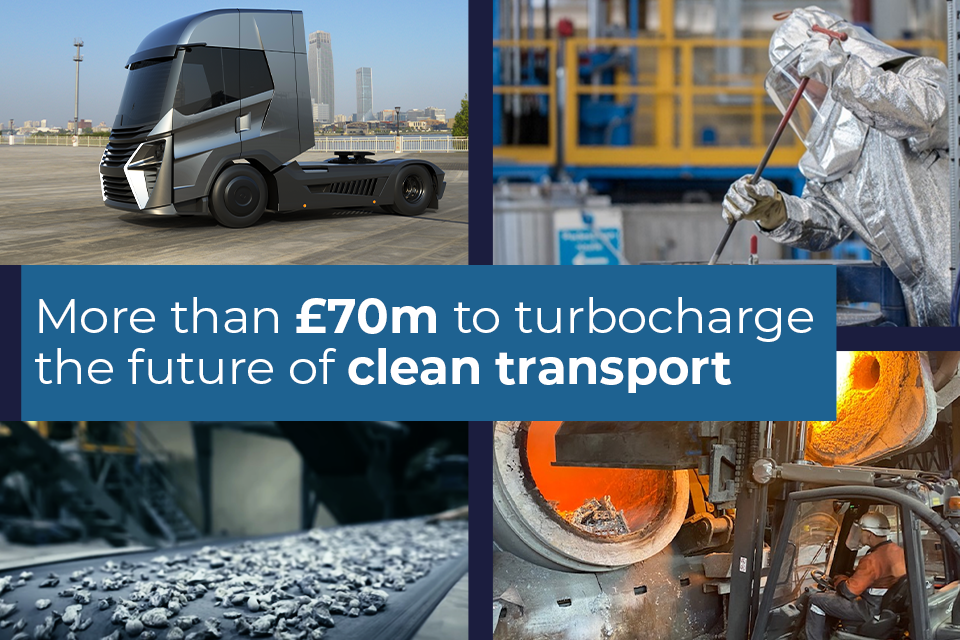The giant climate bill signed by Joe Biden on Tuesday is set to touch upon myriad aspects of Americans’ lives, helping shape everything from the cars they drive to the stovetops in their kitchens.
Biden has lauded the $369bn of climate spending in the Inflation Reduction Act as the “largest investment ever in combatting the existential crisis of climate change” and predicted it will save people hundreds of dollars each year in energy costs. This claim is based upon a series of investments aimed at shifting buying habits away from a polluting status quo towards cleaner, electrified vehicles and appliances.
A US household could save $1,800 on their energy costs each year, according to a recent estimate, although this would require the installation of electric heat pumps for hot water and air conditioning, replacing a gasoline-powered car with an electric vehicle and installing solar panels on the roof.
But even without these modifications, the climate bill is expected to lower costs by funneling support to renewable energy projects, such as wind and solar, that will provide a less price volatile source of electricity than gas, coal and oil.
“There are people who are really on the frontlines of the inflation crisis and how expensive fossil fuels are because of [Vladimir] Putin’s invasion of Ukraine, and this bill will be delivering big energy savings for those people,” said Leah Stokes, a climate policy expert at the University of California.
Electric cars
The new legislation, once passed, will provide a tax rebate of up to $7,500 for a new electric vehicle, which can be transferred to the car dealer so it can act as an upfront payment. Electric cars have so far been the domain of the wealthy, accounting for less than 5% of total car sales in the US, and the bill tries to remedy this by also offering a $4,000 tax credit for used electric vehicles (EVs), in the hope that lower-income people will be able to take advantage.

It’s uncertain how strong initial take-up will be, however. The tax credit applies to cars made with parts made in the US or from countries that have a free trade agreement with the US, meaning that the leading suppliers of key materials like cobalt and lithium – China and Russia – are excluded.
Ongoing supply chain woes also mean that the demand for EVs is currently outstripping supply, with many carmakers having long waiting lists for models, while public charging infrastructure is still patchy in much of the country.
Solar panels
Anyone who wants to install solar panels on their property can now get a 30% tax credit, a program that runs until 2034. People who use home-based batteries for energy storage can also access the credit.
Erecting solar panels isn’t cheap, costing an average of $20,000 according to the Solar Energy Industries Association, but this upfront cost is eventually recouped, and more, by the savings in energy bills.
Rooftop panels are becoming more common in new buildings, too, with states such as California passing mandates that new developments must include them. People in apartments can have the option of leasing a rooftop solar system, or joining a community solar farm.
Home appliances
Some of the biggest changes initiated by the climate bill are likely to be found in the homes of Americans, with up to $14,000 in rebates available to low- and middle-income households to make their dwellings greener and more efficient.

A $8,000 rebate will be available to help install heat pumps, which are efficient electrical devices that both heat and cool homes, with a further $1,750 for water heating. A slightly smaller tax break can be applied for purchases of clothes dryers or an electric cooker, such as a high-efficient induction stovetop.
Tax credits that cover 30% of the cost of home improvements that reduce heat leakage, such as upgraded windows and doors, are also part of the bill, with a $1,600 rebate to insulate and seal a house, and a $2,500 tax break for improvements to electrical wiring.
Household savings “will be reflected in lower monthly energy bills, reduced bill
volatility and a lessening of disproportionately high energy burdens within disadvantaged communities”, said Jamal Lewis, director of policy partnerships at Rewiring America, a clean energy research organization.


